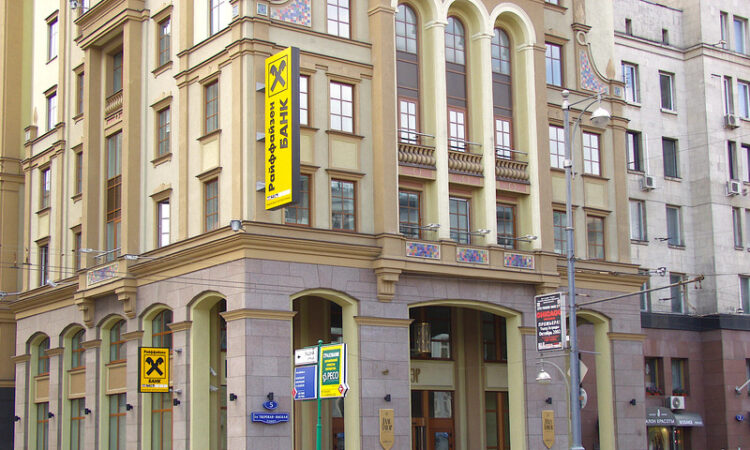
An EU ban on Russian diamonds can start from 1 January as planned, after Vienna agreed to let Kyiv keep an Austrian bank under pressure over trade in Russia.
Austria “lifted the reserve”, its EU embassy told EUobserver late on Saturday evening (16 December).
Vienna had introduced a last-minute legal brake, called a “study reserve”, on the EU’s 12th package of Russia sanctions on Friday morning, raising concern the measures could be delayed into next year.
It did so because it first wanted Ukraine to delist Austrian lender Raiffeisen Bank (which is still making billions of euros a year in Russia) from its Sponsors of War register.
But under a compromise between Vienna and Kyiv on Saturday, the bank has been temporarily “suspended” from Ukraine’s blacklist, pending “bilateral consultations involving representatives of the European Commission”.
Its name is still on the list, but with Ukraine’s accusations blurred out for now.
It will have to submit a firm plan by the end of 2023, with step-by-step deadlines and financial calculations, for exiting the Russian market in 2024.
And if its plan looks bogus, then it will snap back onto Ukraine’s register as before.
The deal means Austrian chancellor Karl Nehammer was less successful than Hungarian prime minister Viktor Orbán.
Orbán also used his EU-sanctions veto in June to force Kyiv to fully delist Hungarian bank OTP (also doing business in Russia), but without any conditions.
Saturday’s deal helps Ukraine by getting the EU Commission involved, making it harder for Vienna and Raiffeisen not to live up to promises or exert undue pressure on Kyiv.
Meanwhile, the 12th package of EU sanctions on Russia will be valid for at least six months after they enter into force next week, reducing Austria’s leverage.
The Russia sanctions include a ban on imports of diamonds, exports of high-tech goods, and blacklisting of Russian mercenaries.
The EU is also pressing ahead with plans to use income arising from frozen Russian assets to help pay for Ukraine reconstruction.
An EU internal document on the scheme voiced concern that Russia would retaliate with “the illegal seizing or confiscation of assets” belonging to European entities.
Earlier this year, the Kremlin snatched the Russian factories of French food-maker Danone and Danish brewer Carlsberg.
There are 18 EU firms on Ukraine’s Sponsors of War list.
But there are also dozens of other EU companies still active in Russia for the Kremlin to plunder if it decided to, according to Yale University in the US.
“Any business of foreign investors in Russia could face being taken over by the government without any compensation,” Ivan Fedyakov, a Russian financial consultant, previously told EUobserver.





